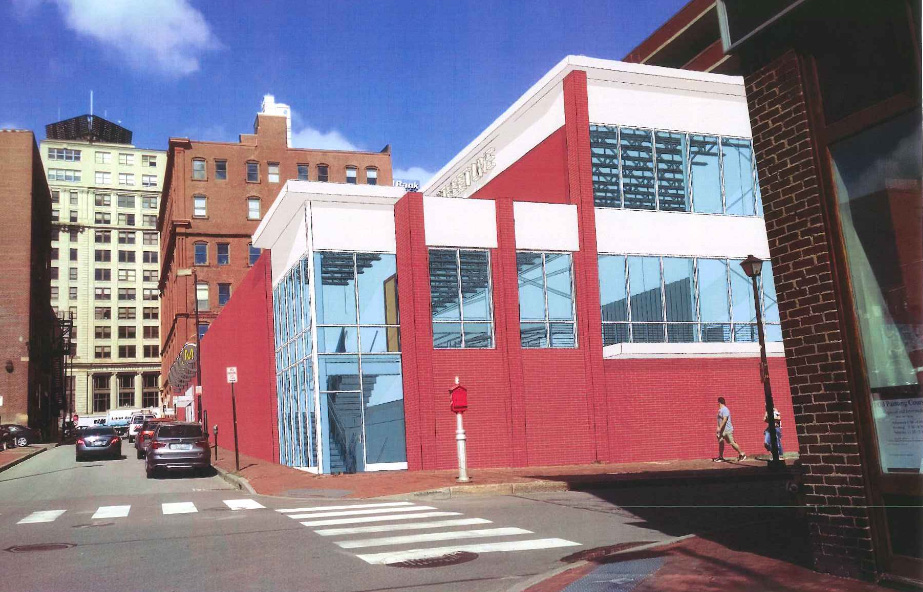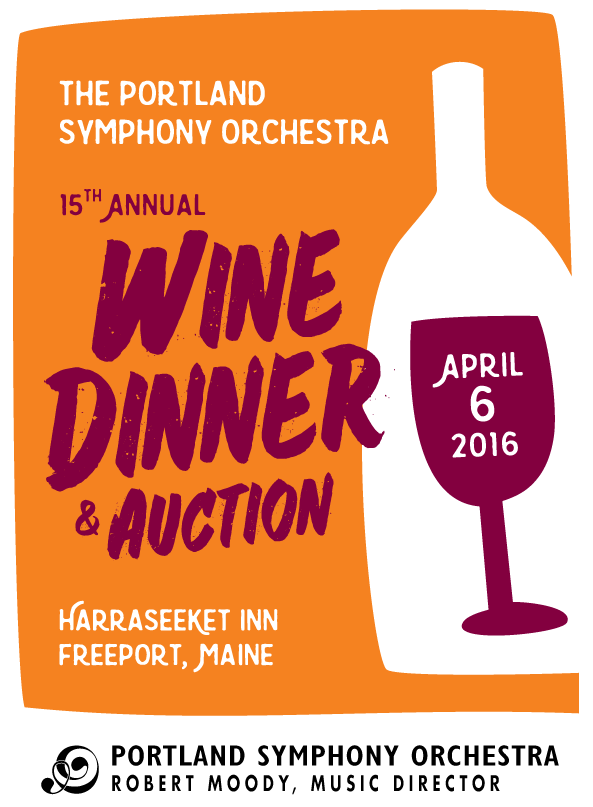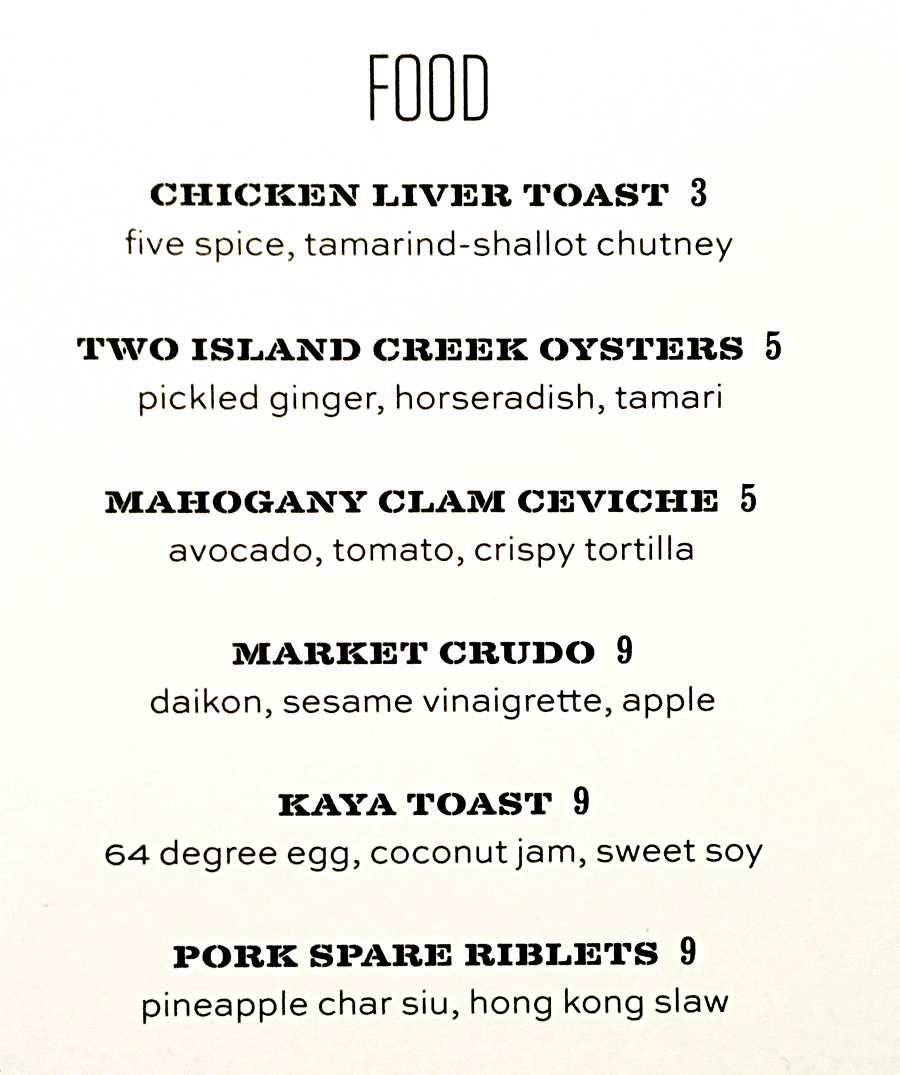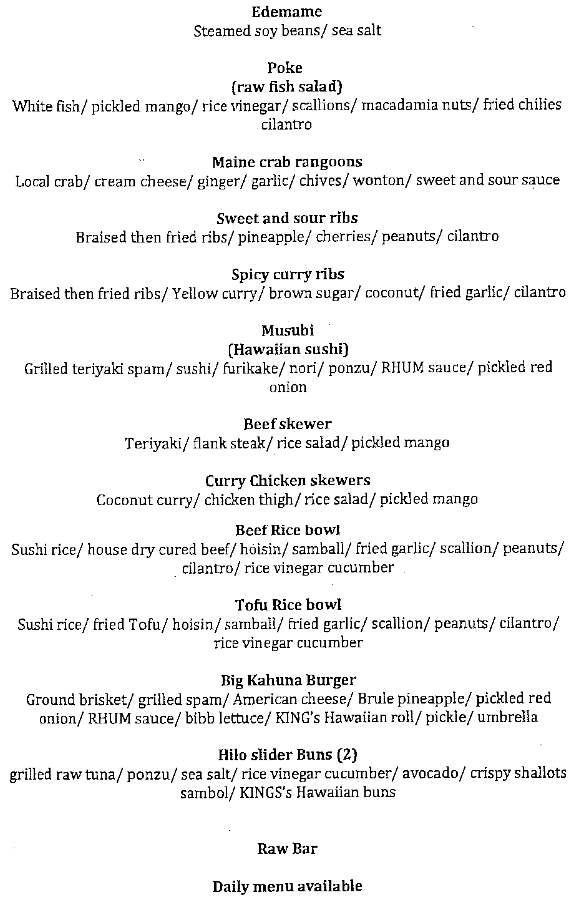Monday — DiMillo’s is holding a GMRI seafood dinner., and the Maine Distillers Guild’s Pre-Launch Fundraiser is taking place at Liquid Riot.
Thursday — GMRI is giving a lecture on Rebuilding Fisheries in a Changing Environment.
Friday — Rosemont is holding their annual Fine Wine Showcase.
Saturday — Crooners & Cocktails is celebrating the Frank Sinatra’s birthday, La Crème Chocolat and New England Distilling is launching a rye-based barreled-aged chocolate, there will be a wine tasting at LeRoux Kitchen, and sparkling wine and chocolate tasting at Maine & Loire, and the Winter Farmers’ Market is taking place.
Sunday – Ri Ra is holding a 5k Brewer’s Holiday Dash, and Aurora Provisions is teaching a holiday cookie baking class.
New Year’s Eve – restaurants have started announcing NYE specials. I’ll be adding to and reposting the growing list each week over the coming month. Let me know if you know of one that’s missing.
- Central Provisions – 14-course tasting menu, $220 per couple (including tax and gratuity) with optional pairings $55 per person.
- Evo – 5-course dinner in collaboration with Veuve Clicquot, $75 per person with optional wine pairings.
- Five Fifty-Five – 4-course, $85, with optional wine pairings.
- Honey Paw/Eventide – passed apps and champagne toast, $53.74.
- Isa – 3-course dinner, $45.
- MK Kitchen – 4-course dinner, $75.
- Petite Jacqueline – 3-course tasting menu with champagne, $75.
- Sur Lie – tasting menu, $75.
- Tempo Dulu – 8-course dinner with cocktail and champagne toast, $195.
- Vinland – 5-course dinner and sparkling wine toast, $108.
For more information on these and other upcoming food happenings in the area, visit the event calendar.
If you are holding a food event this week that’s not listed above, publicize it by adding it as a comment to this post.
 The owners of Asylum have proposed a renovation and expansion to their building at the corner of Free and Cross Streets. It would add about 5,000 sq ft to the building and include a 2-story addition to the parking lot located between Asylum and the parking garage.
The owners of Asylum have proposed a renovation and expansion to their building at the corner of Free and Cross Streets. It would add about 5,000 sq ft to the building and include a 2-story addition to the parking lot located between Asylum and the parking garage.


